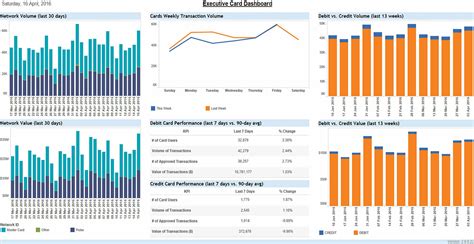“Understanding Cryptocurrencies and Blockchain Technology with Ledger and Digital Wallets”
In recent years, cryptocurrencies have become a popular form of digital currency that allows users to send and receive money without the need for intermediaries such as banks. One of the key technologies behind this phenomenon is blockchain, a decentralized and secure way of recording transactions on a network of computers.
At the heart of most cryptocurrencies, including Bitcoin, Ethereum, and Litecoin, are specialized hardware wallets known as Ledgers. These devices use advanced cryptography to store and manage private keys, which are used to access and control digital assets.
Ledger’s technology uses a novel approach to securing cryptocurrency transactions using the concept of “blockchain” – a distributed ledger that records all transactions made on a blockchain network. Ledger software allows users to create multiple wallets and track their balances in real time, providing unparalleled security and transparency.
The Digital Wallet Revolution
Digital wallets have become an essential part of the cryptocurrency ecosystem, allowing users to store, send, and receive cryptocurrencies without having to hold physical hardware or undergo intense cryptographic scrutiny.
Ledger’s digital wallet technology is designed to provide a secure and easy-to-use platform for storing and managing digital assets. Ledger Wallet allows users to create multiple wallets and track their balances in real-time, simplifying management and investment in various cryptocurrencies.
One of the main advantages of using a digital wallet with Ledger is its ability to provide end-to-end encryption and secure storage of private keys. This means that sensitive information such as passwords, PINs, and addresses are protected from unauthorized access, providing an extra layer of security for users.
Fundamental Analysis: A Key Component for Investing in Cryptocurrencies
When investing in cryptocurrencies, it is essential to conduct thorough fundamental analysis to make informed decisions about which assets to invest in. Fundamental analysis involves evaluating a company’s financial statements, industry trends, and competitive landscape to determine its intrinsic value.
In the context of cryptocurrencies, fundamental analysis is particularly important when assessing growth and adoption potential. This can be done by analyzing factors such as:
- Market capitalization

: The total market value of a cryptocurrency, which provides an indication of its relative size and attractiveness.
- Adoption rates: The rate at which users adopt a particular cryptocurrency or network.
- Trading volume: The amount of trading activity in a particular cryptocurrency or asset class.
By analyzing these factors using fundamental analysis techniques such as regression analysis, moving averages, and technical indicators, investors can identify potential trends and patterns that may indicate future growth opportunities.
Conclusion
Cryptocurrencies and blockchain technology have revolutionized the way we think about money and financial transactions. Ledger’s digital wallet technology provides a secure and easy-to-use platform for storing and managing digital assets, while fundamental analysis is essential for making informed decisions about which cryptocurrencies to invest in.
By understanding the underlying technologies and principles behind cryptocurrencies, investors can better navigate this rapidly evolving landscape and make more informed decisions about their investments.
